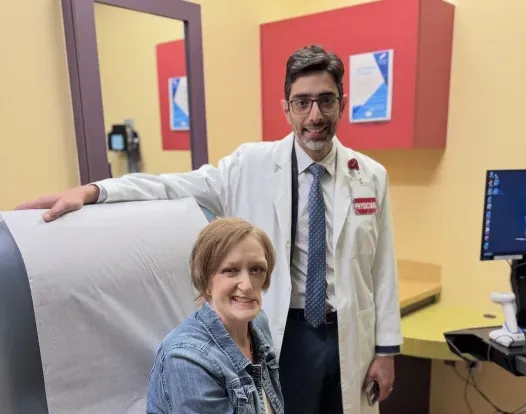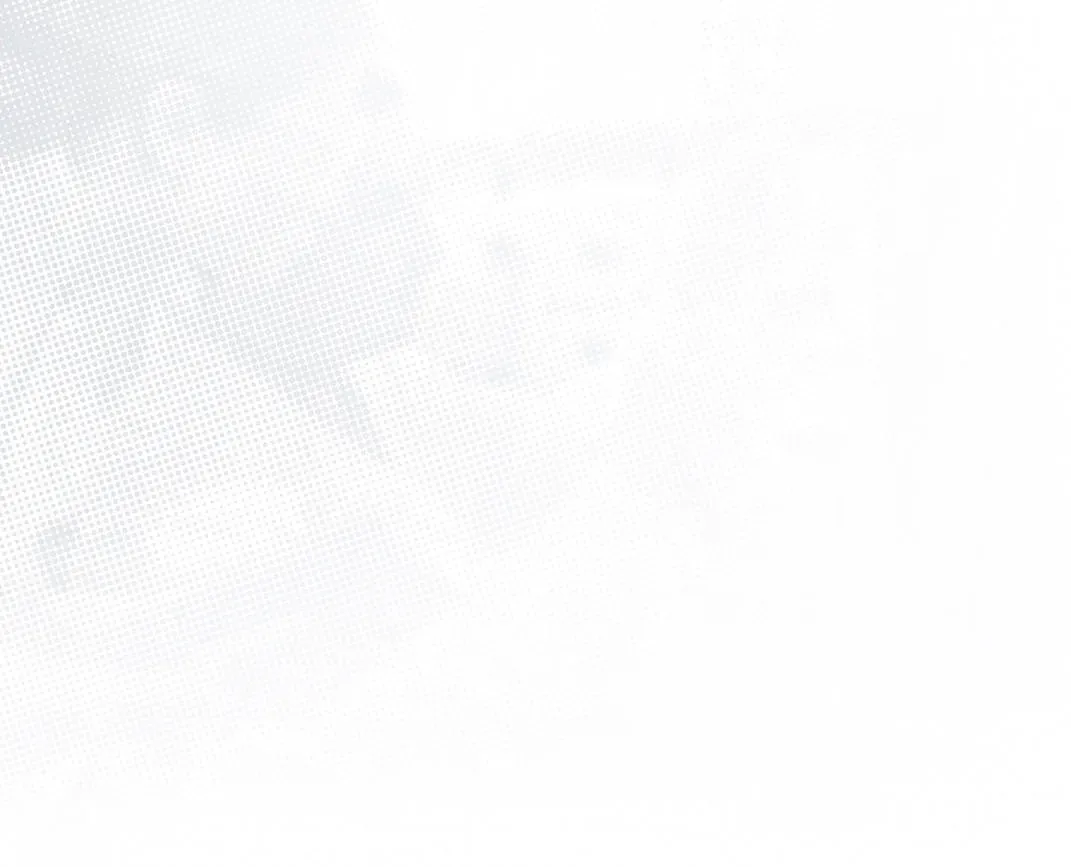Real stories how Conquer Cancer-funded researchers are changing patient lives.


When a simple cyst was removed from Paula Sendall’s cheek at the end of 2017, she expected a routine recovery. The subsequent call – confirming a diagnosis of adenoid cystic carcinoma, a rare cancer that typically begins in the salivary glands – was shocking, particularly because of her profession. “The craziest part of it is that I teach a biomedical sciences program at my high school,” she says. “I teach the exact same scenario that I was living and my mind never went there.”
From Chemotherapy to Clinical Trials
Paula chose to receive treatment close to home at OU Health Stephenson Cancer Center in Oklahoma City, so she could continue working as an educator. Her initial treatment was successful, and Paula was in remission for two years. But in May 2020, the cancer returned, having metastasized to her lungs.
Paula wasn’t a good candidate for radiation, so she went through three rounds of chemotherapy instead. She taught her classes remotely at her dining table over Zoom to avoid exposure to the COVID-19 pandemic, determined to keep working even after losing her hair. When it became clear that chemotherapy wasn’t working and was causing her too much pain, Paula made a powerful decision: she would pivot from standard treatment to clinical trials.
The choice led her to a partnership with thoracic oncologist and Conquer Cancer grant recipient, Dr. Abdul Rafeh Naqash. Despite their age difference, they quickly established a strong rapport built on trust and a shared dedication to science. Dr. Naqash has since led Paula’s care team through a challenging sequence of drug-based clinical trials.
A Partnership Built on Resilience
Paula’s journey through research has been a testament to her resilience. Her first trial didn’t yield results. The second brought a thrilling first – her tumors began to shrink – but the trial closed when the progress didn’t meet the funders’ expectations. Heartbroken, Paula chose to continue into a third trial, a decision that Dr. Naqash profoundly respects.
“Paula’s openness to clinical trials is notable,” he says. “It’s not easy when you have to tell the person sitting in front of you that the cancer is progressing and we have to shift to another trial, because there’s always a sense of losing hope. But she’s persisted and she’s had faith in us, and we respect that. We value that.”
Today, Paula is in her third clinical trial, which is stabilizing her condition with an immunotherapy drug, and she continues teaching and living her life while generally feeling good. Most importantly, she’s grateful to be here nearly seven and a half years after her initial diagnosis.
The Living Curriculum
For Paula, being a patient has created a powerful, living curriculum. She uses her own experiences – from showing her students her radiation mask to giving them tours of the Stephenson Cancer Center– to drive home the real-world importance of science.
It’s been a real blessing for me to be able to share my journey with [my students],” she reflects. “It’s very eye-opening for them... it’s an opportunity for them to see someone experiencing something that’s been really difficult and to learn how to do that with fortitude and grace.”
Beyond the science, Paula also hopes to give her students a vital reminder that small, intentional actions make a difference. When facing a problem as big as cancer, she understands that it’s easy to feel like there’s nothing that one person can do. It’s her hope that by being candid with her students about her experience, she can inspire them to go on to remember their power to make a difference in the world around them.
“At the end of the day, the 99 percent of us who are not millionaires and billionaires, the collective small things that we do are just as valuable and just as meaningful,” she says. Through her teaching and her trials, Paula is educating the next generation of researchers and advocates while simultaneously contributing directly to the next cancer breakthroughs.
Related Content:
Researcher Spotlight: Dr. Abdul Rafeh Naqash
Fueling the Next Generation of Breakthroughs: The Power of Early-Career Support